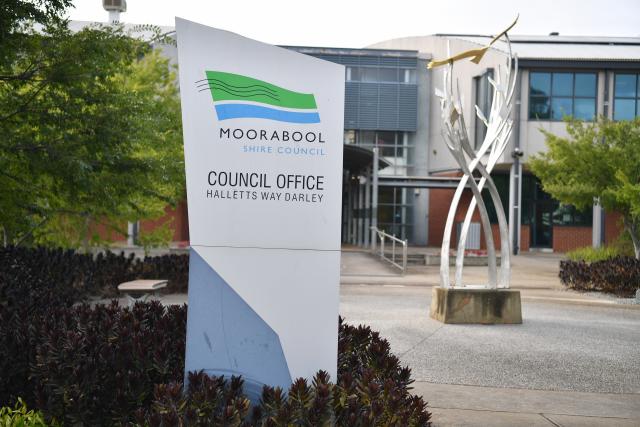Complaints by Melton residents to the Victorian Energy and Water Ombudsman about disconnection, debt collection and payment difficulties have more than doubled in the past four years.
The ombudsman responded to more than 800 debt and utility cases by Melton residents in the 12 months to December – up from 390 in 2010.
Figures obtained by Star Weekly reveal that these cases made up 34 per cent of total cases (2466) in Melton.
Melton debt and utility cases for the December quarter fell slightly, from 208 to 188.
The ombudsman’s affordability report, released last week, reveals a quarter of cases statewide related to debt and utility concerns despite the overall number of cases falling in the second half of the year.
Energy and Water Ombudsman Cynthia Gebert said “total case volume”, including credit-related issues, had slowed significantly in the past 12 months.
“I need to acknowledge that, in particular, energy companies that operate in Victoria have been working hard to improve their relationships with their customers and to reduce complaints to my office,” she said.
Ms Gerbert called on industries, regulators and the government to better address the issue of credit needs as such cases made up 25 per cent of all cases received in the December quarter, up from 21 per cent in the past financial year.
The affordability report warns energy and water companies against asking customers to see a financial counsellor before being eligible for a payment plan and hardship support.
“The requirement to first visit an external financial counsellor is often inappropriate, creates delays [sometimes months] and allows debts to accrue,” the report states.
“Also, there is a risk that the customer will disengage with their retailer as it can be a challenging experience for customers to make contact in the first place about their payment difficulties.”
Meanwhile, debt and utility cases for Moorabool soared from 39 in 2010 to 102 last year.
The report outlines 10 recommendations for the energy and water companies, and six for the government and regulators.
















